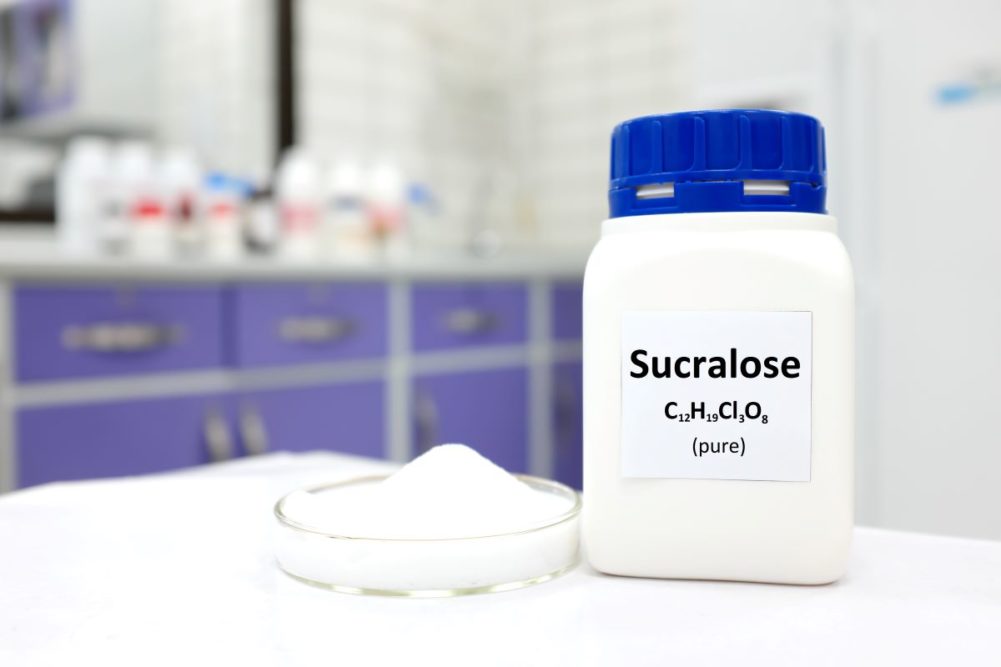LONDON — Demand was not a problem for Tate & Lyle, PLC in the first half of the fiscal year. Meeting that demand was. The war in Ukraine, a COVID-19 lockdown in China and supply chain disruptions led to a decrease in volume.
“Looking at the first half, we saw robust customer demand,” said Nick Hampton, chief executive officer, in a Nov. 10 earnings presentation. “Put simply, we sold everything we made.”
In the first half adjusted results for volume decreased 8% and adjusted results for revenue increased 20% to £849 million ($1 billion). Adjusted profit before taxes rose 10% to £139 million ($165 million).
The war in Ukraine continued to cause inflation in raw materials, energy and logistics, especially in Europe, according to London-based Tate & Lyle. Supply chain volatility caused by the war affected a range of inputs, including packaging and chemicals, that Tate & Lyle uses in production facilities around the world.
“As a result, from May, we implemented a program of supplementary price increases across our main markets to recover further input cost inflation,” Mr. Hampton said.
Within the company’s food and beverage solutions segment, revenues grew 21% to £752 million thanks to price increases to offset inflation and mix management. Underlying volume in the segment increased 2%, but reported volume dropped 8% due to three main factors, said Dawn Amanda Allen, chief financial officer.
“Firstly, the planned transition of primary products capacity in Europe towards specialty ingredients,” she said. “As we have said before, this transition is expected to continue into future financial years. Secondly, volume was impacted by challenges in the operating environment from COVID-19 lockdowns in China and supply chain disruption.
“Thirdly, one-off factors, including our decision to exit certain low-margin business and the impact of industrial action at our corn wet mill in The Netherlands over a two-week period, which is now concluded.”
Within the sucralose segment in the first half, volume increased 9% and revenue increased 12%, to £97 million.
In April of this year Tate & Lyle completed the sale of a controlling stake in a new company called Primient, which comprises Tate & Lyle’s old primary products business in North America and Latin America as well as Tate & Lyle’s interests in the Almidones SA de CV and DuPont Tate & Lyle Bio-Products Co., LLC joint ventures. After the transaction, KPS Capital Partners LP held a 50.1% interest in Primient and had board and operational control. Tate & Lyle held a 49.9% interest.
Since then, a profit on disposal of £98 million ($115 million) was reported. Primient management received the issue of share incentives, and Tate & Lyle’s interest in Primient was diluted to 49.7%.





